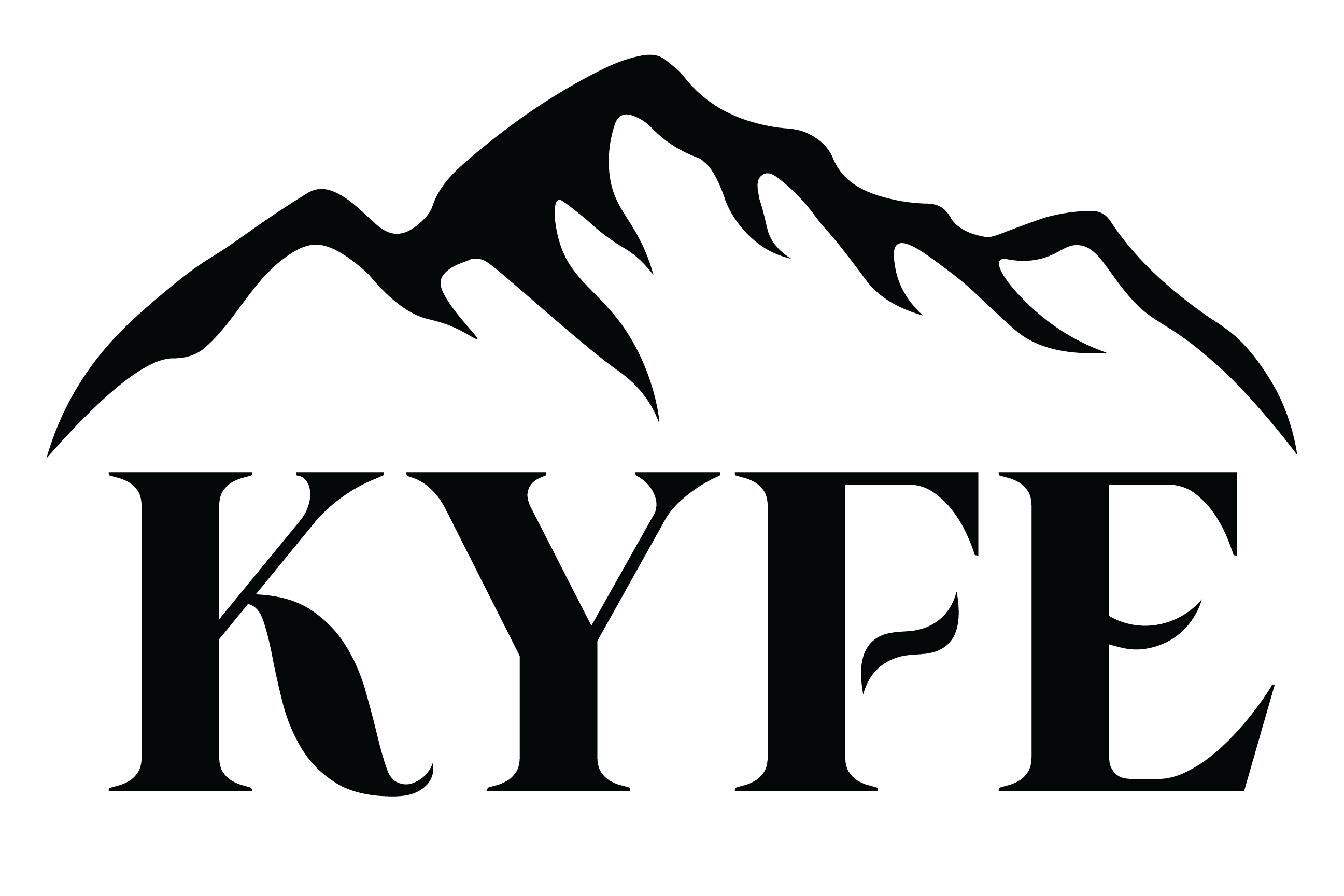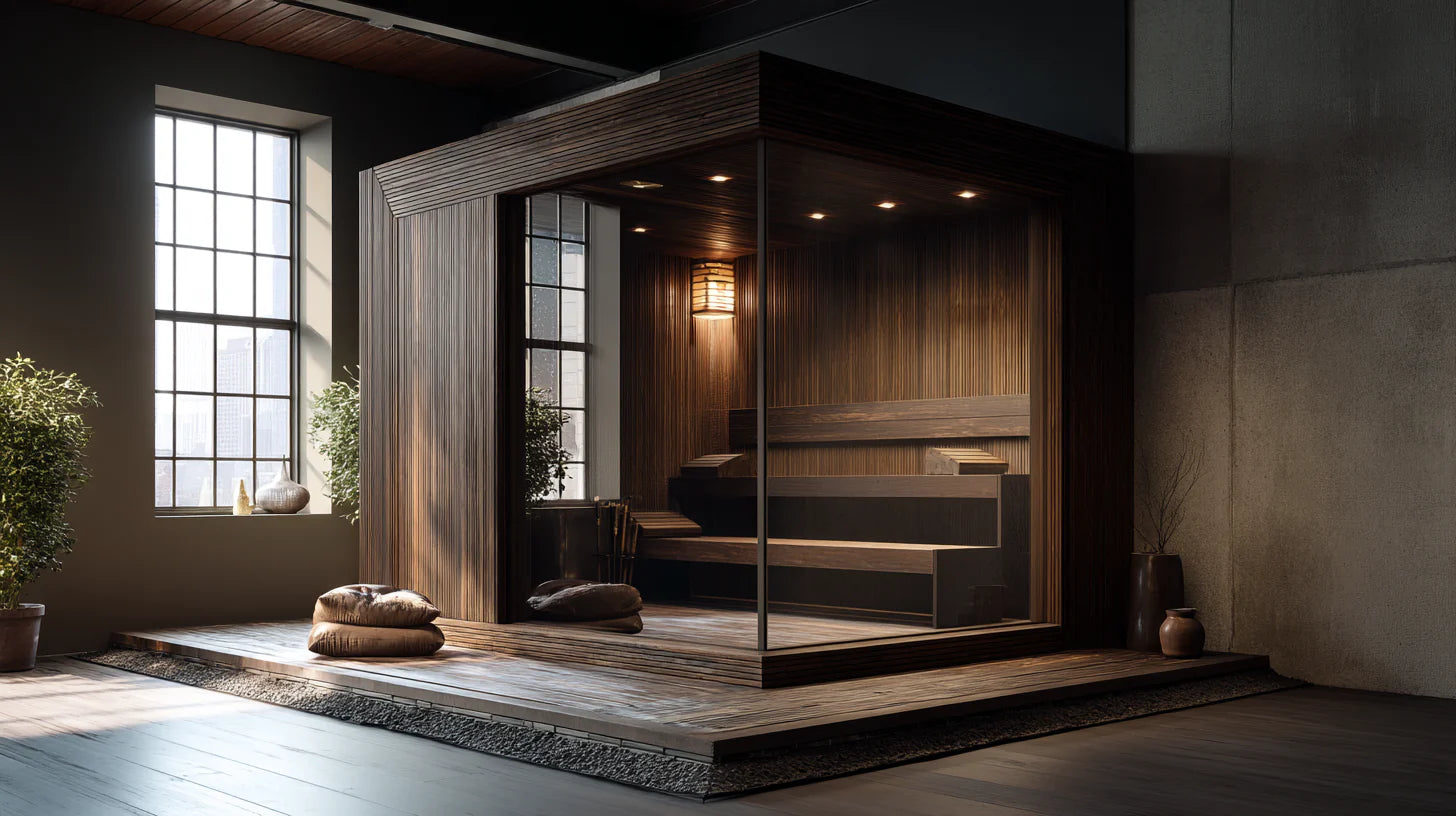In 2025, home saunas have moved from luxury indulgence to essential wellness investments for many homeowners. Whether you are exploring infrared sauna technology for daily heat therapy, considering the timeless appeal of traditional saunas, or researching a custom sauna that blends seamlessly into a wellness retreat space, understanding sauna costs is the first step in making an informed decision. This comprehensive guide breaks down the average costs, installation process, operating costs, and the additional considerations that influence the overall cost of owning a sauna.
The Quick Answer – Sauna Costs Overview in 2025

The answer to how much does a sauna cost varies depending on sauna types, materials, installation costs, and intended use. Portable saunas can be found for as little as $200, while high-end custom built sauna designs can exceed $50,000. The home sauna cost for a standard sauna in the mid-range averages between $3,000 and $11,000, with outdoor sauna models and custom built options commanding higher prices. Here is a quick breakdown of average costs:
-
Portable saunas: $200 – $4,500
-
Infrared sauna models: $1,500 – $9,000+
-
Traditional saunas (electric or wood-burning): $3,000 – $11,000
-
Custom sauna builds: $5,000 – $50,000+
These average costs do not include labor costs, electrical work, or other factors that may raise costs, such as additional sauna accessories or custom finishes.
Factors That Influence Sauna Costs
Sauna Type
Sauna types play a major role in determining price. Infrared models use infrared panels to heat the body directly, offering an energy efficient and lower temperatures experience that appeals to those who want to enjoy heat therapy without high temperatures. Traditional and infrared saunas each have their benefits, with traditional saunas offering steam, dry heat, and the ability to pour water over hot rocks for an immersive sauna experience. Many homeowners prefer traditional saunas for their authenticity, while others appreciate the convenience of infrared sauna units for in home sauna use.
Size and Capacity
A two person sauna will naturally cost less than larger saunas that seat six or more. Smaller home saunas are ideal for individual or couple use, while larger saunas require more materials, higher capacity sauna heaters, and additional square foot space, which can raise costs significantly.
Materials and Build Quality
High-end materials like nordic white spruce, cedar, or hemlock not only enhance the aesthetic but also influence the initial investment and durability. More materials and premium finishes, such as glass doors or integrated sound systems, can add more value to the sauna experience while increasing the overall cost.
Heating System
The sauna heater is the heart of the unit. Infrared panels in infrared sauna models are efficient and require less electrical work, while traditional saunas use either electric heaters or wood-burning stoves to produce dry heat or steam. The choice of heating system affects both installation costs and ongoing energy consumption.
Installation Costs
Sauna installation varies depending on location and type. Indoor saunas may require professional installation for electrical work, ventilation, and safety compliance. Outdoor sauna models need weatherproofing, a level foundation, and sometimes permits. Installing a sauna can be as straightforward as assembling prefab kits for portable saunas, or as complex as integrating a custom built sauna into an existing structure. Labor costs, site preparation, and additional considerations such as lighting or water access will all impact the final bill.
Brand Reputation and Warranty
Many sauna manufacturers offer warranties, but the length and coverage vary depending on the brand. Established names that provide robust warranties and high-quality customer service often justify a higher initial investment.
Sauna Price Ranges by Category
Portable Saunas ($200 – $4,500)
Portable saunas are the most affordable option and offer an easy entry point into sauna use. These units are compact, often foldable, and can be set up without professional installation. While they lack the spaciousness of larger saunas, they are an affordable option for those who want to enjoy heat therapy without committing to a permanent structure.
Infrared Saunas ($1,500 – $9,000+)
Infrared sauna models heat the body directly, providing many sauna benefits such as improved circulation, stress relief, and the ability to enjoy heat therapy at lower temperatures. They are energy efficient, have relatively low operating costs, and are available in sizes from compact in home sauna designs to larger saunas for family use. Infrared sauna units can also feature unique features like chromotherapy lighting and integrated sound systems.
Traditional Saunas ($3,000 – $11,000)
Traditional saunas deliver a classic sauna experience with dry heat or steam. These can be electric or wood-burning and are common in both indoor saunas and outdoor sauna setups. The installation process may require significant electrical work or chimney installation for wood-burning models. A standard sauna of this type can be installed as a prefab kit or as part of a custom built design.
Outdoor Sauna ($4,000 – $10,000+)
Outdoor sauna designs range from rustic barrel styles to custom sauna cabins. Built to withstand the elements, they require durable materials like nordic white spruce and weather-resistant finishes. Outdoor saunas can be purchased as prefab kits or constructed as custom built projects that blend into a backyard wellness retreat.
Custom Sauna Builds ($5,000 – $50,000+)
A custom sauna is a worthwhile investment for those seeking a personalized wellness retreat. Custom built sauna projects may include unique features such as multiple rooms, panoramic glass, more materials for added square foot coverage, and advanced control systems. Professional installation is essential for these projects, and installation costs will vary depending on complexity.
Operating Costs – What to Expect After Purchase

Electricity Costs for Infrared and Electric Models
Infrared models are known for low energy consumption, costing as little as $15–$25 per month with daily use. Traditional electric saunas typically cost $25–$50 monthly.
Wood-Burning Fuel Costs
Wood-burning outdoor sauna models like the Kyfe Sauna require firewood, costing around $5–$7.50 per session.
Maintenance and Sauna Accessories
Additional costs for sauna use over time may include replacing sauna rocks, cleaning, sealing wood, and adding sauna accessories such as headrests or lighting.
Getting the Best Value for Your Sauna Investment
Think Lifestyle First
Choosing the right sauna involves more than comparing average costs. For frequent sauna use, an energy efficient model with low operating costs may be the most worthwhile investment. If you travel or have multiple properties, portable saunas offer flexibility and save money on multiple installations.
Durability and Resale Value
High-quality home saunas can last decades with proper care, making them a more value-focused purchase in the long term.
Portability and Flexibility
Portable saunas like the Kyfe Sauna allow you to enjoy heat therapy anywhere, offering the benefits of larger saunas in a compact, mobile form.
Kyfe Sauna – Authentic Heat, Anywhere You Go

The Kyfe Sauna is a traditional wood-burning outdoor sauna that combines authentic Finnish-style steam with modern portability. With seating for up to six, temperatures exceeding 200°F, and the ability to create dense steam, it offers a wellness retreat experience without permanent construction. The setup requires no major electrical work, making it a flexible choice for many homeowners.
Frequently Asked How Much Does a Sauna Cost Questions
What is the cheapest type of sauna?
Portable saunas start at around $200, making them the most affordable option.
How much does a home sauna cost to run?
Infrared models cost $15–$25 per month, traditional electric saunas $25–$50, and wood-burning models around $40–$50 for twice-weekly use.
Is a sauna worth the investment?
Yes, saunas offer numerous health benefits such as improved circulation, stress relief, and overall well being, making them a worthwhile investment.
How long will a sauna last?
With proper care, a home sauna can last 15–30 years or more.
Can I use a sauna year-round?
Yes, outdoor saunas are designed for all-season use with the right setup.
Are portable saunas effective?
Yes, they provide many sauna benefits and are an affordable option for those with limited space or budget.
Final Thoughts
When it comes to how much does a sauna cost, the answer will vary depending on sauna types, size, materials, installation costs, and other factors. Whether you are choosing a standard sauna, exploring infrared sauna options, or investing in a custom built sauna for a personal wellness retreat, the initial investment should be weighed against long-term sauna benefits. Many homeowners find that installing a sauna is a decision that enhances daily well being and provides a space to enjoy heat therapy at home. From affordable option portable saunas to luxury custom sauna builds, there is a solution for every lifestyle.



Is Sauna Or Steam Room Better for Weight Loss: The Definitive Guide
How to Work a Sauna: The Complete Guide to Heat, Steam, and Ritual